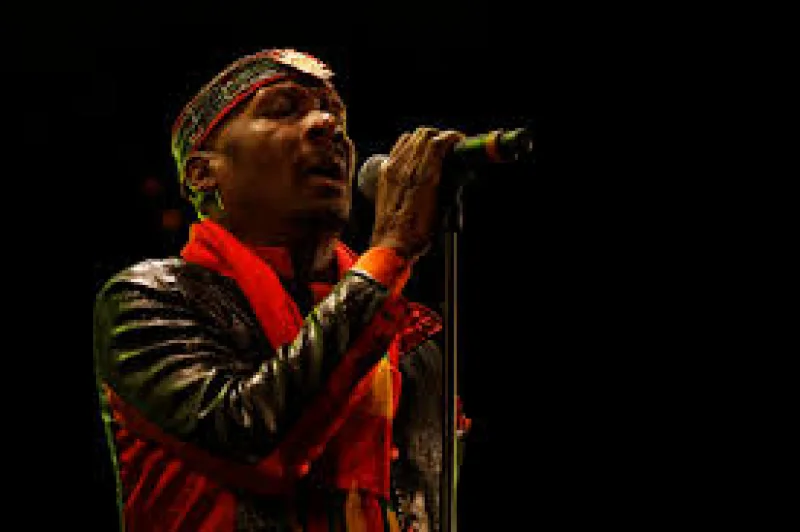Short Summary
Julia Boutros is a renowned Lebanese singer celebrated for her powerful voice and patriotic songs. She has gained fame for her contributions to Arabic music and her ability to inspire national pride through her work. Boutros's music often carries themes of love, resistance, and unity, making her a significant cultural icon in the Arab world.
Early Life & Education
Julia Boutros was born on April 1, 1968, in Beirut, Lebanon, into a family with a strong appreciation for arts and culture. Her father was Lebanese, and her mother was Palestinian, which influenced her multicultural perspective. From an early age, she showed a keen interest in music, beginning her journey as a singer in school choirs and local events. Julia pursued her education in Lebanon, where her passion for Arabic music continued to blossom. Influenced by legendary artists like Fairuz, her early experiences helped shape her musical style and thematic focus.
Career Highlights
Julia Boutros began her professional career in the early 1980s, quickly establishing herself as a prominent figure in the Arabic music scene. Her breakthrough came with the release of her song "Ghabet Shams El Haq" in 1985, which became a national anthem during the Lebanese civil war. Over the years, she has released numerous albums, each contributing to her reputation as a voice of resistance and hope. Her concerts, often held in historic venues, are known for their powerful messages and emotional performances, solidifying her status as a beloved artist.
Major Achievements
- Received the National Order of the Cedar, one of Lebanon's highest honors, for her contributions to music and culture.
- Spearheaded numerous charitable initiatives through her music, raising funds for causes related to education and social welfare.
- Recorded over a dozen albums that have resonated with audiences across the Arab world, promoting messages of unity and resilience.
Famous Quotes
- "Music is my way of expressing what words cannot convey."
- "Through my songs, I aim to give a voice to the voiceless."
Interesting Facts
- Julia's song "Ahibaii" is dedicated to the resistance fighters and has become an anthem of courage and perseverance.
- She has performed in numerous countries, spreading her message of hope and solidarity beyond Lebanon.
- In addition to singing, she is actively involved in philanthropic activities, supporting various humanitarian causes.
Legacy / Influence
Julia Boutros has left an indelible mark on the world of Arabic music through her empowering and evocative songs. Her work has inspired generations, encouraging a sense of national pride and cultural awareness. As a cultural ambassador, she has used her platform to promote peace and understanding, cementing her legacy as a key figure in Lebanon's artistic and social landscape.
FAQ
Q: Why is Julia Boutros famous?
A: Julia Boutros is famous for her powerful voice and patriotic songs that inspire national pride and unity.
Q: What is her most famous song?
A: "Ghabet Shams El Haq" is one of her most famous songs, known for its impact during the Lebanese civil war.
Q: Has she received any awards?
A: Yes, she has received the National Order of the Cedar, among other honors, for her contributions to music and culture.











